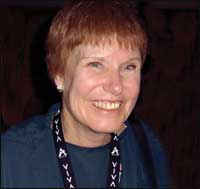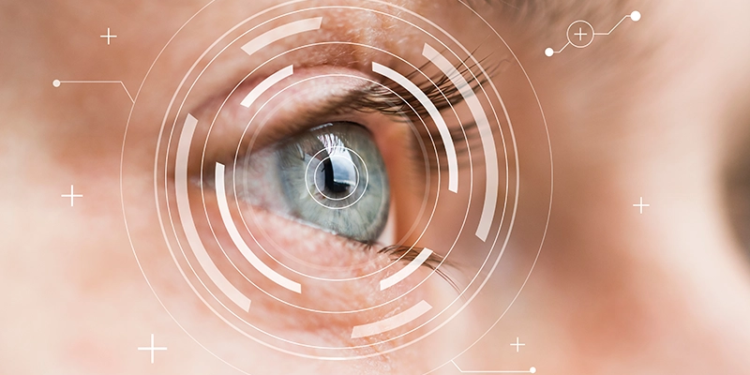Bob: “Do you think the biggest problems we face are ignorance and apathy?”
Bill: “I don’t know, and I don’t care.”

The above certainly can’t be said of the O&P profession!
Jeff Arnette, CO, describes a revolutionary plan for unifying the rehab professions to present a united front to negotiate with Medicare and meet other challenges in “New Professional Standards To Enter O&P: A Plan.” Whether you agree or disagree with his ideas, you’re sure to find them thoughtful and provocative.
Helping the Helpless
Probably not too many practitioners in the US see patients who are refugees, guerrilla warfare survivors, and landmine survivors, but worldwide, they are hardly a rarity. Poverty and lack of rehabilitation resources too assails the disabled in need of orthotic and prosthetic care.
However, many generous prosthetists and orthotists, along with other rehab professionals, seek to alleviate the suffering in countries stricken by warfare and poverty–or, as is often the case–both. And since patients don’t live in a vacuum, some of these organizations seek to improve the social and economic circumstances surrounding disabled persons in these parts of the world. Hanger Rehabilitation for Development (Hanger RFD) is one such organization, and Director Jeff Fredrick, MS, CO, BOCP, describes its work in “Helping the Poor and Desperate in Colombia“.
Education: An A or an F?
Is O&P education getting an A or an F? This issue’s feature article, “O&P Education: How Are We Doing?” explores this subject. Just as evidence-based medicine and outcomes data are impacting clinical practice, O&P programs are moving toward outcomes-based education. Online distance learning programs make it easier to obtain advanced education without having to spend as much time away from work and home. Higher education also can produce better, more credible research. As patients and payers ask, “What proof do you have that this more expensive, custom-fit device will provide a better outcome than a cheaper product?” and “What data shows that this treatment methodology works better than that one?” The need for solid, scientific, objective research becomes obvious. Simply saying, “I’m an expert in this field, and this is what I think,” often doesn’t cut it anymore. So where are we headed in O&P education?
We hope you enjoy the thought-provoking articles in this issue. Your reactions and comments are welcome.
Support authors and subscribe to content
This is premium stuff. Subscribe to read the entire article.




